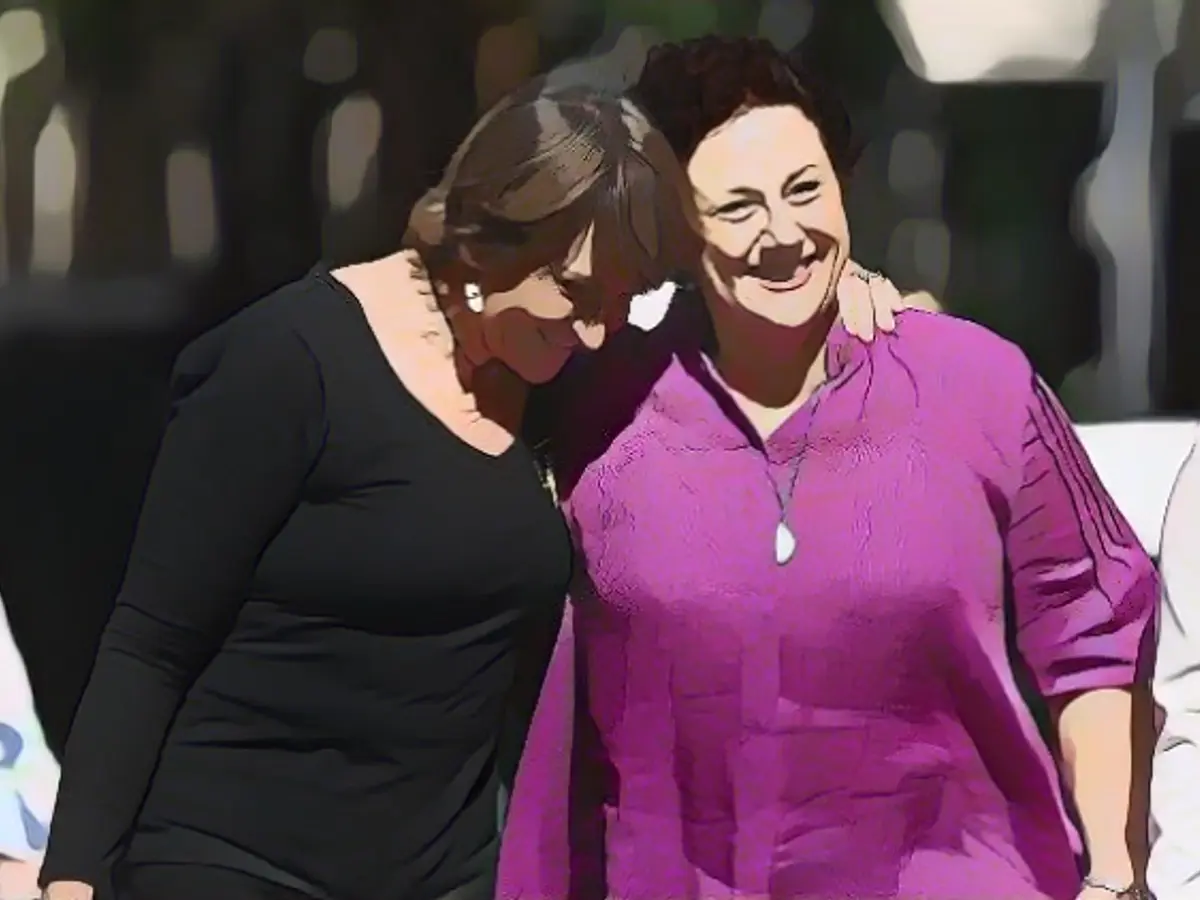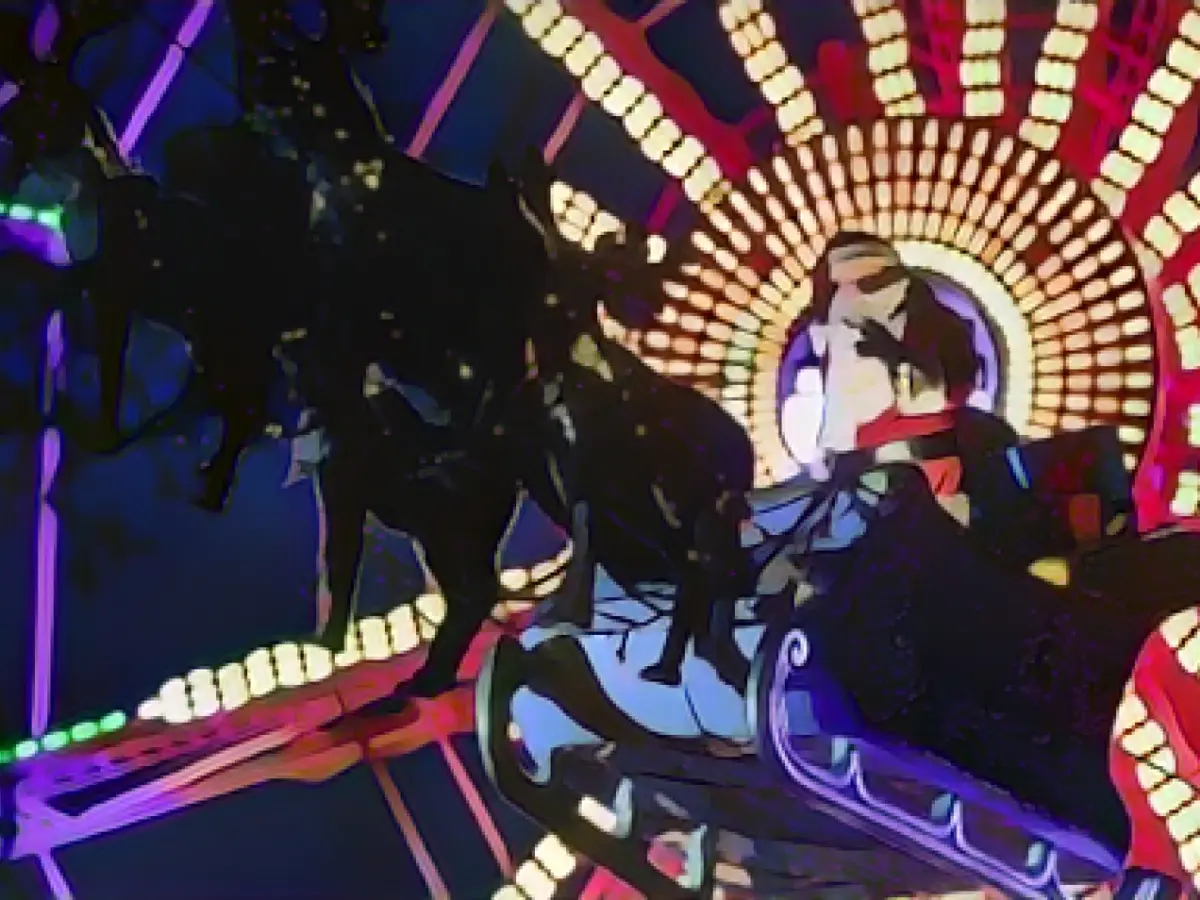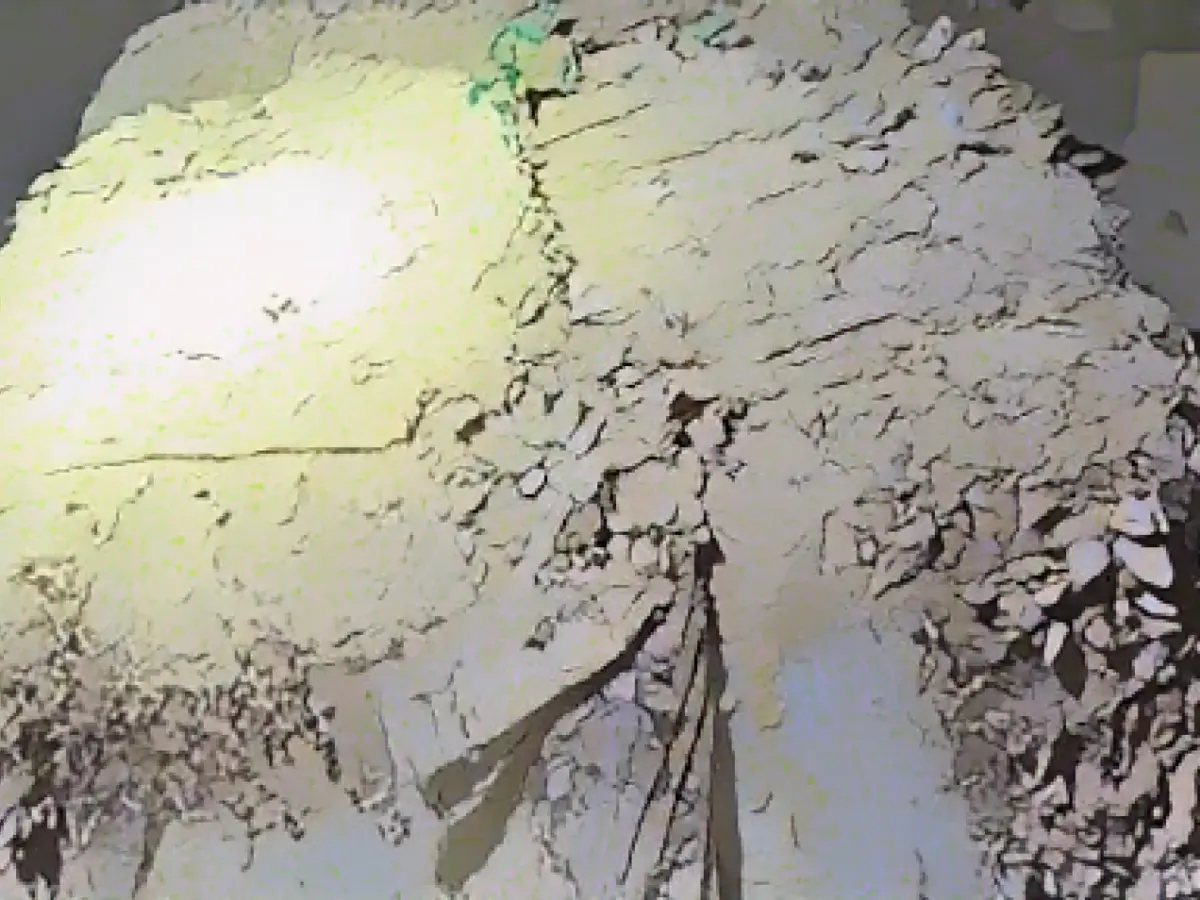Two decades behind bars, an Australian mother is finally vindicated as a court overturns her conviction for the alleged murders of her four children. Kathleen Folbigg, once dubbed "Australia's worst serial killer", walked free in June after new scientific discoveries cast doubt on her guilt. On Thursday, the court in Sydney officially acquitted her, leaving her entitled to "significant" compensation.
Folbigg's ordeal dated back to 2003 when she was charged with suffocating her children between 1989 and 1999. Public outcry mounted after the deaths of her four kids, leaving no room for doubt in the court's mind. However, the lack of forensic evidence and accusations of diary entries as 'confessions' swayed the jury in her 2003 trial.
But time and science eventually proved Folbigg innocent. New genetic research pinpointed rare defects as the cause of her children's deaths. The Australian Academy of Science pushed for her release and reevaluation of her case, culminating in her pardon and freedom in June.
"For almost a quarter of a century, I was confronted with disbelief and hostility," Folbigg shared after her acquittal. "I am grateful that new science and genetics have given me answers about how my children died."
The controversial case sparked international interest and discussions about the role of science in criminal justice. It highlighted the importance of incorporating evolving scientific knowledge in legal proceedings, mitigating prejudiced filters, and balancing evaluation of evidence.
Now, the public prosecutor's office must reconsider its errors in the Folbigg case, owing to the scientific discoveries that challenge the original verdict.







